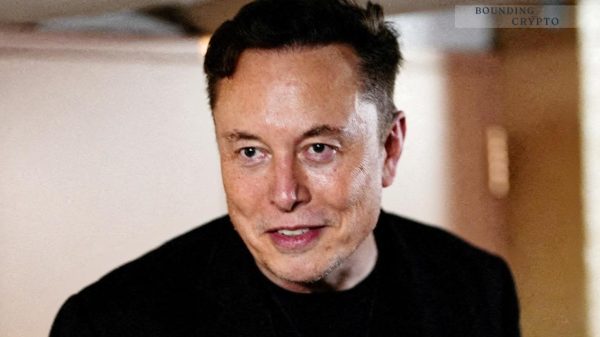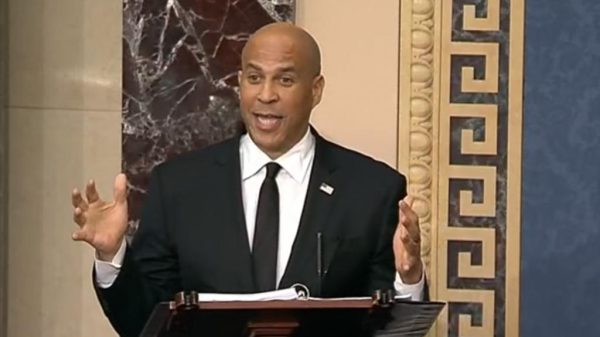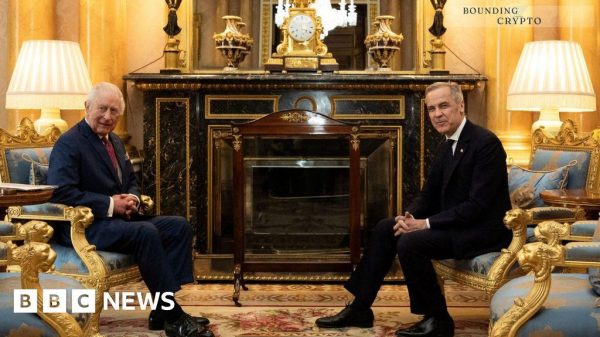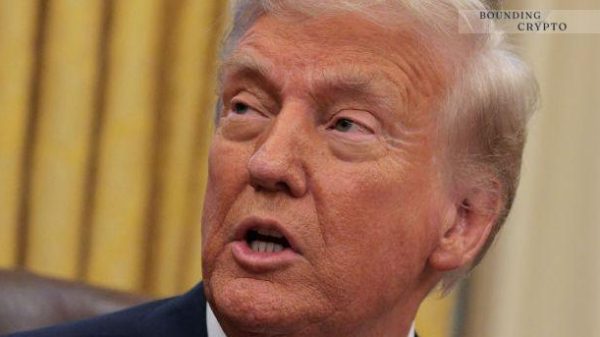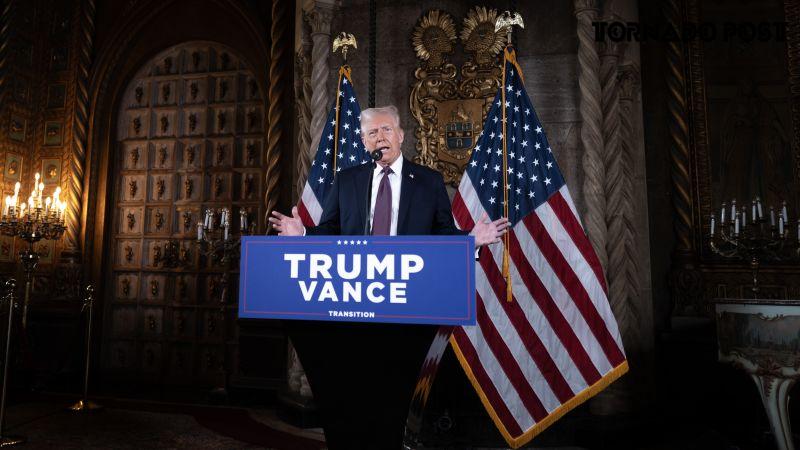In the latest political stir, former President Donald Trump has sparked conversations about Canada possibly becoming the 51st state of the United States. This talk has drawn significant attention and disapproval from Canadian officials, who find the comments troubling and far from humorous. As the conversation unfolds, it raises questions not only about U.S.-Canada relations but also about how such drastic claims are perceived on both sides of the border.
Trump’s Ambitious Statements
Recently, Trump expressed ideas about expanding U.S. territory by suggesting Canada might want to join the Union. This isn’t the first time such a thought has surfaced in American politics; over the years, several leaders have had similar sentiments, often believing that acquiring Canada would be straightforward.
- Trump has implied that many Canadians are eager to become the 51st state.
- His comments about using “economic force” rather than military action to achieve this aim have raised eyebrows.
- Canadian Prime Minister Justin Trudeau firmly rejected these suggestions, stating that Canada will never be annexed.
Historical Context of Territorial Ambitions
This notion has historical roots in U.S. politics, echoing sentiments from as far back as the War of 1812. Historical figures like Thomas Jefferson believed annexing Canada was a simple task but consistently underestimated the resolve of Canadians to remain independent. Polling shows that most Canadians prefer maintaining their sovereignty over entertaining thoughts of joining the U.S.
Economic Pressures and Misunderstandings
Trump’s comments also involved criticism of trade, claiming that Canada is a significant economic burden on the U.S. However, Canadian officials argue that they contribute greatly to the U.S. economy through trade, with billions of dollars exchanged daily. Many U.S. states depend on Canada for various exports, showcasing a relationship built on mutual respect and cooperation.
- Canada is the top export destination for 36 U.S. states.
- Daily cross-border trade exceeds $2.7 billion.
- Ontario Premier Doug Ford emphasized the importance of oil exports to the U.S. from Canada.
Reactions from Canadian Leaders
As Trump’s rhetoric continues, Canadian leaders have not held back their criticism. Finance Minister Dominic LeBlanc has called the idea of annexation a harmful joke, while other officials have taken steps to prepare for any economic threats from the U.S. Canadian ministers have voiced their readiness to retaliate against tariffs imposed by Trump’s administration, showcasing resilience in defending national interests.
The Road Ahead: Distrust in Diplomacy
Looking at the future, the relationship between the U.S. and Canada may hang in the balance. Trump’s words, perceived as aggressive, may alienate allies rather than foster unity. The notion that Canada would consider such a life-altering move has highlighted significant distrust and the need for respectful dialogue between neighbors.
Canadians Respond to Trump’s Remarks
It is evident that many Canadians feel unsettled by Trump’s statements. A recent poll even showed that Canadians have a strong preference for political figures like Kamala Harris over Trump. This underscores the reality that while Trump’s ambitions may resonate with some, they do not reflect the sentiments of the Canadian populace at large.
Conclusion
Trump’s bold and brash statements about annexing Canada have sparked a complex dialogue about national identity and relationships. As the situation unfolds, the hope is for a return to respectful political discourse that recognizes each nation’s sovereignty. While some may find humor in Trump’s remarks, for many, the idea of Canada as part of the United States is no joking matter.



